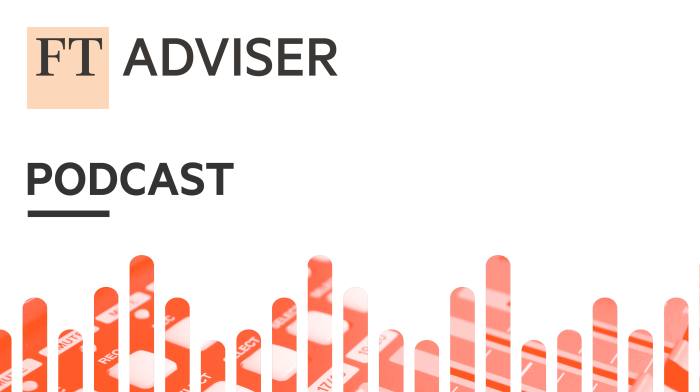
The chief executive of Parmenion does not think the rush of private equity investment into the platform space will change "what a platform is", but said it would lead to some platforms shifting their focus away from a "retention of assets" strategy.
Martin Jennings was speaking on the latest edition of the FTAdviser Podcast just a few days after private equity firm Preservation Capital Partners completed its acquisition of Parmenion.
The deal made Parmenion the latest platform to move into private equity ownership - a route Novia and James Hay have also recently taken. Though it has already sold a 30 per cent stake to Martin Gilbert's AssetCo.
According to analysis by the Lang Cat, the proportion of platform assets owned by private equity has gone up from 2 per cent in 2016 to 15 per cent in 2021.
Meanwhile life companies, which have traditionally owned platforms, have seen ownership fall from 55 per cent to 17 per cent over the same time period.
On this week's edition of the podcast, FTAdviser digital editor Damian Fantato discussed what impact this would have with Jennings and Dan Marsh, head of customer at Seccl.
Jennings said: "I think fundamentally [private equity ownership] doesn't change what a platform is however I think you have to think about the strategies of the firms which were owning those platforms at different stages. If you go back not that far actually, the life companies were looking at platforms essentially as a retention of assets or customers strategy whereas now that has slightly changed.
"For Parmenion it doesn't change. We were purchased by Aberdeen Asset Management in 2016 and moved into the asset management side. The merger of Aberdeen and Standard Life didn't really impact on the Parmenion business. We've continued to do what we do through that period.
"Fundamentally [the Preservation Capital deal] doesn't change what we do. It might change the motivations of the ownership structure, but ultimately it doesn't change what the proposition is."
Marsh said the move could lead to some platforms being more focused on becoming commodities within an adviser's overall proposition, becoming one system which works with the other back office systems advisers use - rather than distribution mechanisms for life companies.
He said: "I do think the way to look to the future is how do we generate efficiencies throughout the market that can either increase the efficiency of the advice business or, as a proxy, reduce the cost to the end customer.
"If we look three or four years ago, prices across the market in many areas were higher. Technology is really an opportunity to strip out inefficiency and strip out cost for the end client. And I think you can view that through the lens purely of the platform but actually the future is viewing it through the lens of the entire infrastructure that sits behind the provision of advice.
"If the platform market can get on that bandwagon and help drive that forwards I think we will be able to add value to advice businesses for decades to come."



